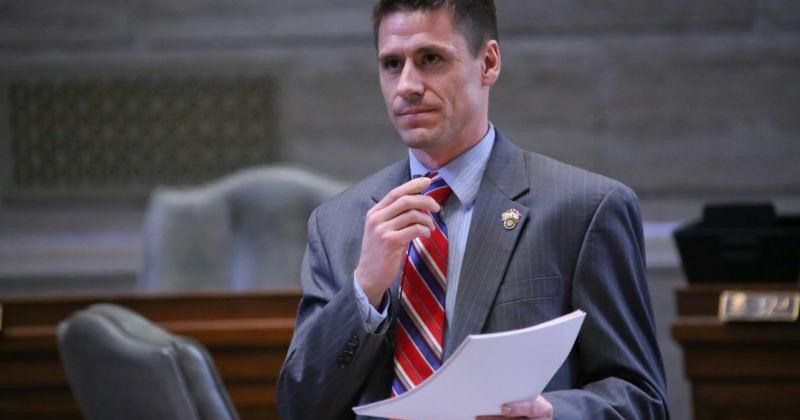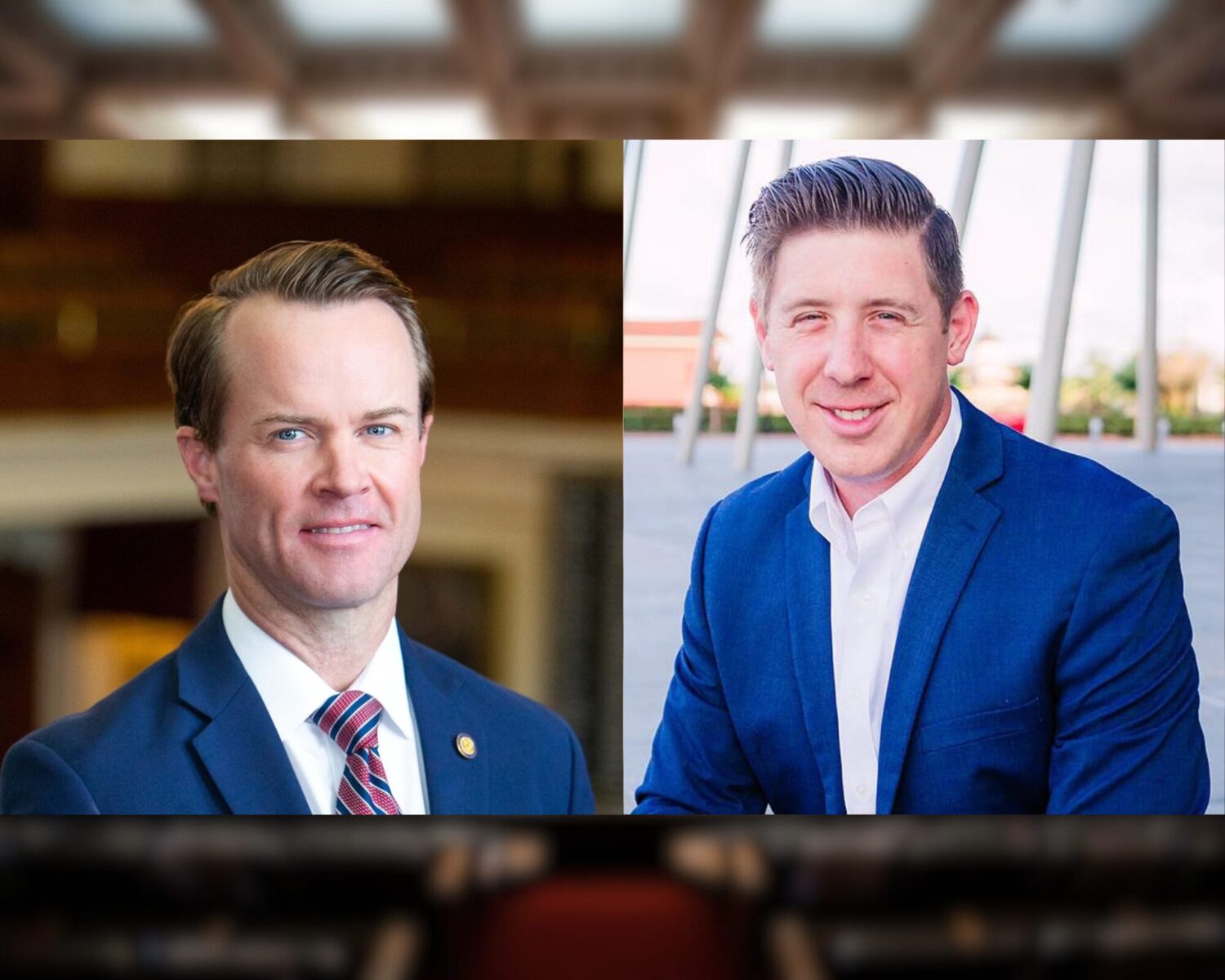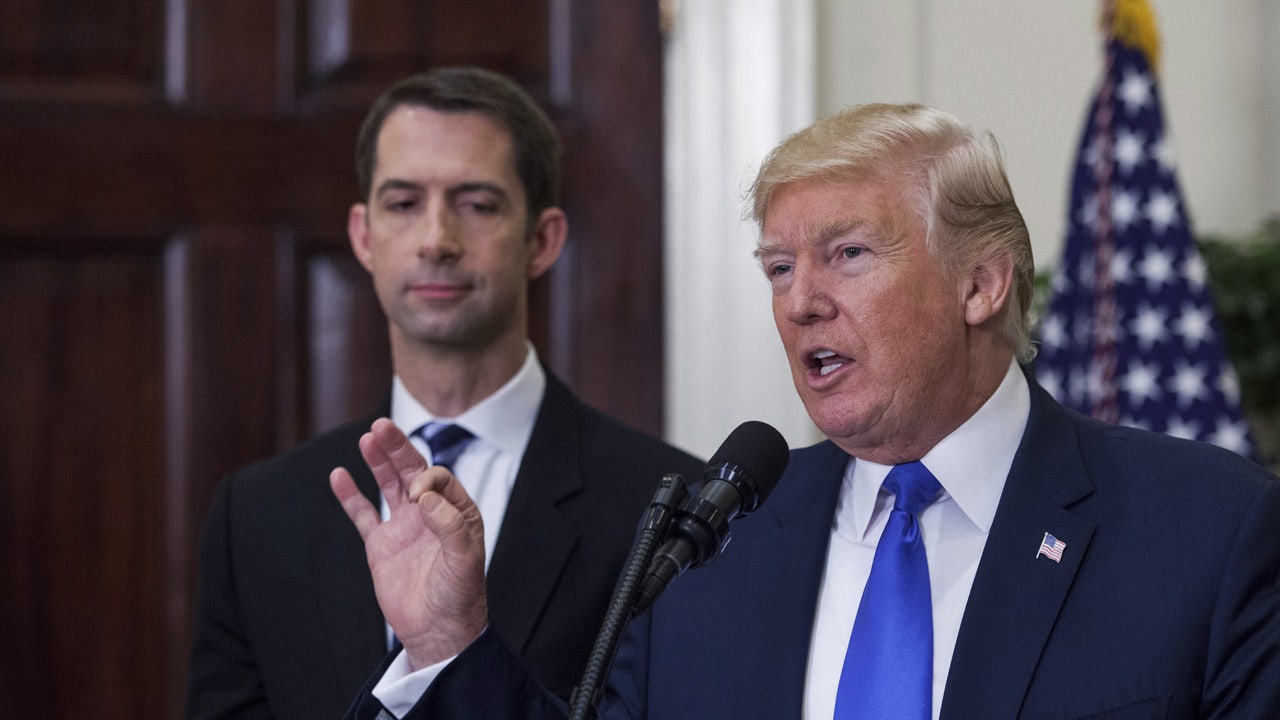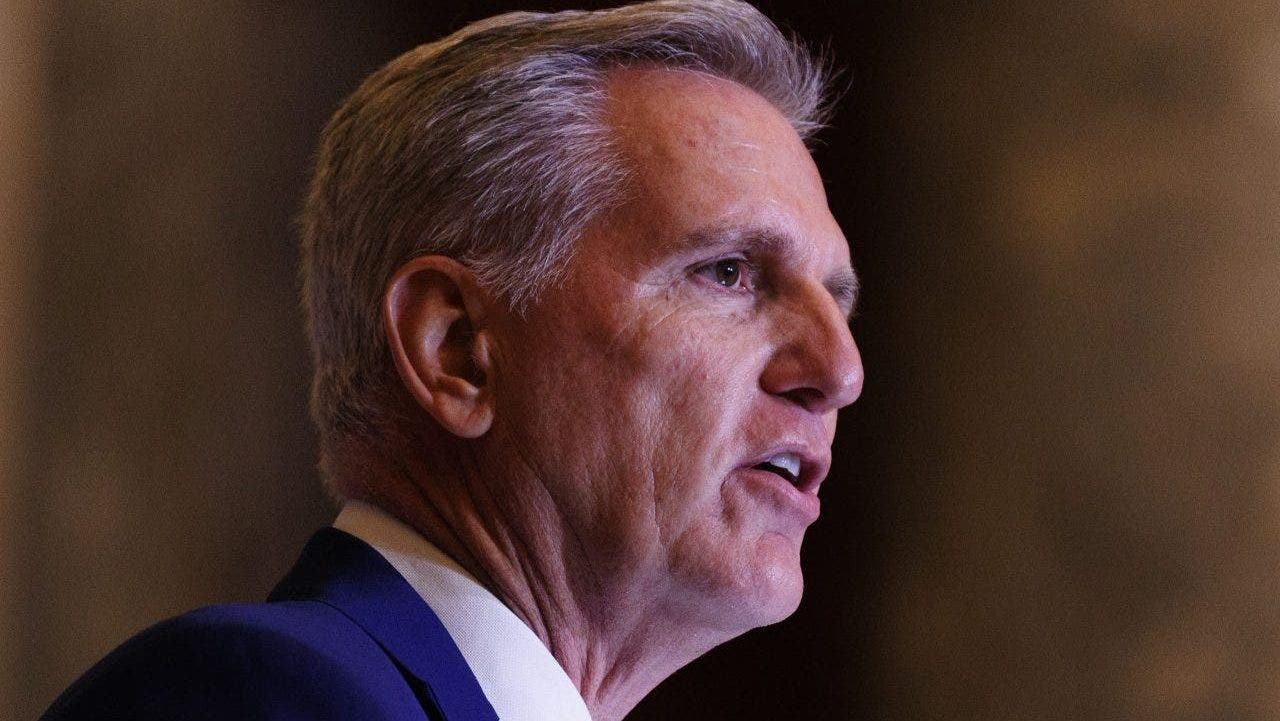Missouri’s legislative session closed with a sad and stunning display of how little the loudest lawmakers identifying as “pro-life” care about helping children and families — or governing at all.
Even in a session that was historic for its dysfunction and rancor, there were a handful of bipartisan bills that would have made life somewhat better for Missouri families that should have made it to the governor’s desk.
Instead, “Freedom Caucus” Republicans denied us those modest improvements in order to show off their anti-abortion, anti-democracy, pro-MAGA cred.
Republican legislators expect voters to overturn Missouri’s criminal abortion ban if given a fair chance to vote on a reproductive freedom proposal in November. So they made thwarting the will of the people their number one priority this legislative session.
Weeks of session were lost to their effort to gut the initiative petition process, ultimately fizzling out over the Freedom Caucus’ insistence that it include “ballot candy” aimed at tricking Missourians into voting against their own interests.
The gridlock caused by a handful of obstructionists killed the final week of the session — and along with it important policies that enjoy the support of a majority of legislators and citizens.
It’s especially problematic that the ploy to further enshrine minority rule was undertaken in the name of “protecting life” while tanking bills protecting children and pregnant women.
Missouri is emphatically not a pro-child, pro-mother or pro-family state to begin with. The legislature regularly refuses to accept federal funds to help struggling Missourians.
It took a ballot initiative and litigation to finally expand Medicaid. When our legislature managed to accept federal funds so postpartum women could have a year of Medicaid coverage, it was celebrated as a rare bipartisan win. But that took a year longer than it should have thanks to hardliners fighting it on the theory that a woman who had an abortion might get coverage. The delay likely resulted in additional preventable postpartum deaths.
Missouri has a maternal mortality rate that is more than double that of the nation’s already unacceptable one. Close to half of Missouri counties have no maternity care and another 21% have as few as one OB/GYN. Missouri’s OB/GYN shortage is being exacerbated by the abortion ban.
Missouri’s infant mortality rate is higher than that national average and our preterm birth rate earned us a D- from the March of Dimes.
Missouri has a syphilis crisis that is causing women to give birth to stillborn babies, yet Republicans prioritized passing a (likely unconstitutional) bill that prohibits low-income individuals on Medicaid from using their health insurance to receive testing or care at Planned Parenthood, despite the lack of other providers in the state.
Missouri has been kicking eligible kids off Medicaid in large numbers thanks to poor management of the eligibility review process. A federal judge ruled that Missouri is illegally denying food insecure Missourians SNAP benefits. Missouri’s understaffed foster care system separates children from their parents at twice the national rate and then loses track of them.
I could go on.
There are Missourians working very hard to address problems for kids and families. Some of them are Republican legislators. But their work this session was thrown away by a minority of their colleagues.
Take the child care bill. Half of Missouri children under 5 live in child care deserts. This has devastating impacts on parents’ ability to work to provide for their children and on Missouri’s economy. The bill would have used tax credits to make child care more available and affordable. It had bipartisan support and was a top priority that Gov. Parson touted in consecutive State of the State speeches.
But Freedom Caucus members and their sympathizers decried it as welfare. Sen. Mike Moon implied that mothers ought to stay home with their children like his wife did. Of course, Freedom Caucasers are fine with Missouri’s astronomical tax credits for donors to anti-abortion “pregnancy resource centers.” In their view, tax credits should go to misleading and pressuring women to continue pregnancies, but not to caring for their children once born.
Moon was the only senator to vote against a bipartisan bill that would have banned child marriage (he famously endorsed 12-year-old marriage last session). The bill, intended to end forced marriages, ultimately died as time ran out in the House after being stalled by a few Republicans who argued it was an intrusion on parental rights that could lead to pregnant minors ending their pregnancies rather than getting married.
A bill with no apparent opposition would have barred the state from taking benefits owed to orphaned and disabled foster care children to pay for their care.
Another bipartisan bill lost to a combination of Republican infighting and anti-abortion extremism would have enacted health protections for women and babies.
It would have added additional prenatal testing for treatable conditions that are harmful or fatal to babies, like syphilis and HIV. It would have improved regulations related to mammograms, STI treatment, and access to rape kits. It would have helped Missouri women (375,000 of whom live in contraception deserts) to avoid unintended pregnancy by requiring their private insurance to cover dispensing of a year’s worth of contraception at once, as 26 other states do.
The bill was held up by House Republicans confused about the difference between birth control and abortifacients before it made it to the Senate, where it died amidst the Freedom Caucus chaos.
It is well documented that anti-abortion states have worse outcomes for women and children. Abortion restrictions correlate with a lack of policies aimed at protecting their health and well-being. That might seem like a hypocrisy problem, until you recognize that the most powerful abortion opponents are ideologically opposed to public support of women, children, and families.
What it is, is a democracy problem. If you have a minority viewpoint, the only way to impose it is through antidemocratic means. That is as true of blocking child care as it is of outlawing abortion.
[Disclosure: I support the reproductive rights initiative petition and volunteered collecting signatures for the campaign.]



























/cdn.vox-cdn.com/uploads/chorus_asset/file/24038601/acastro_STK109_microsoft_02.jpg)




